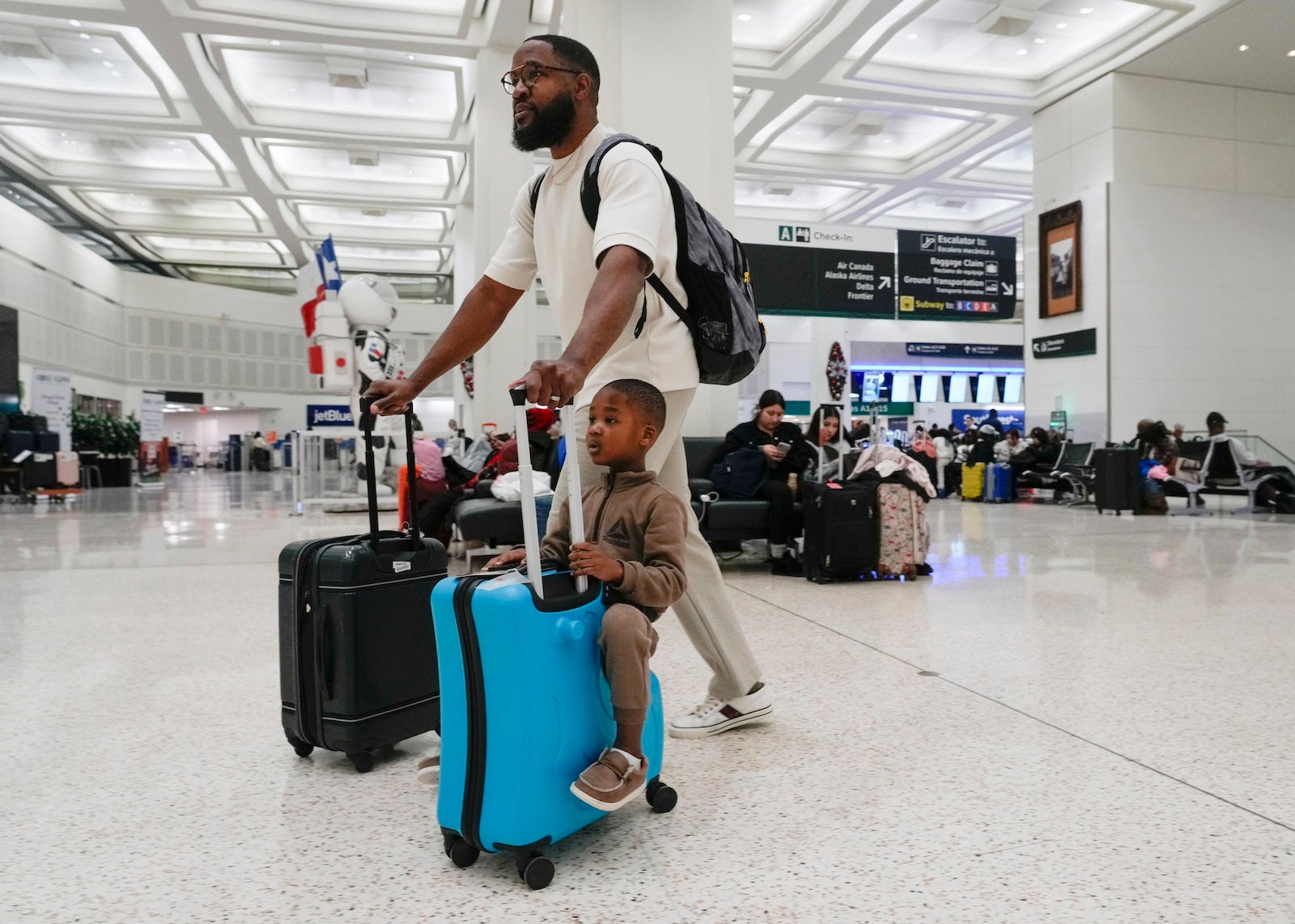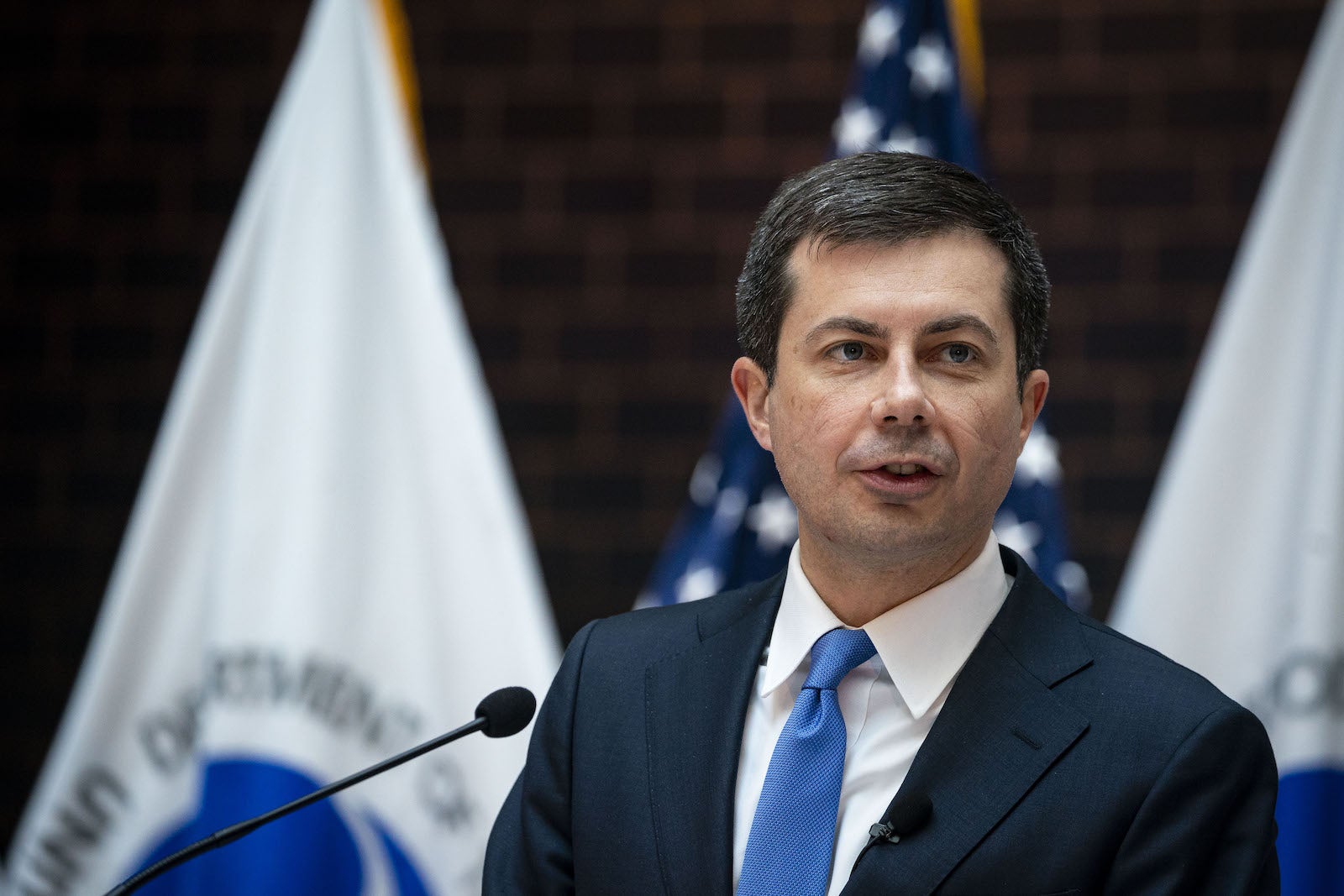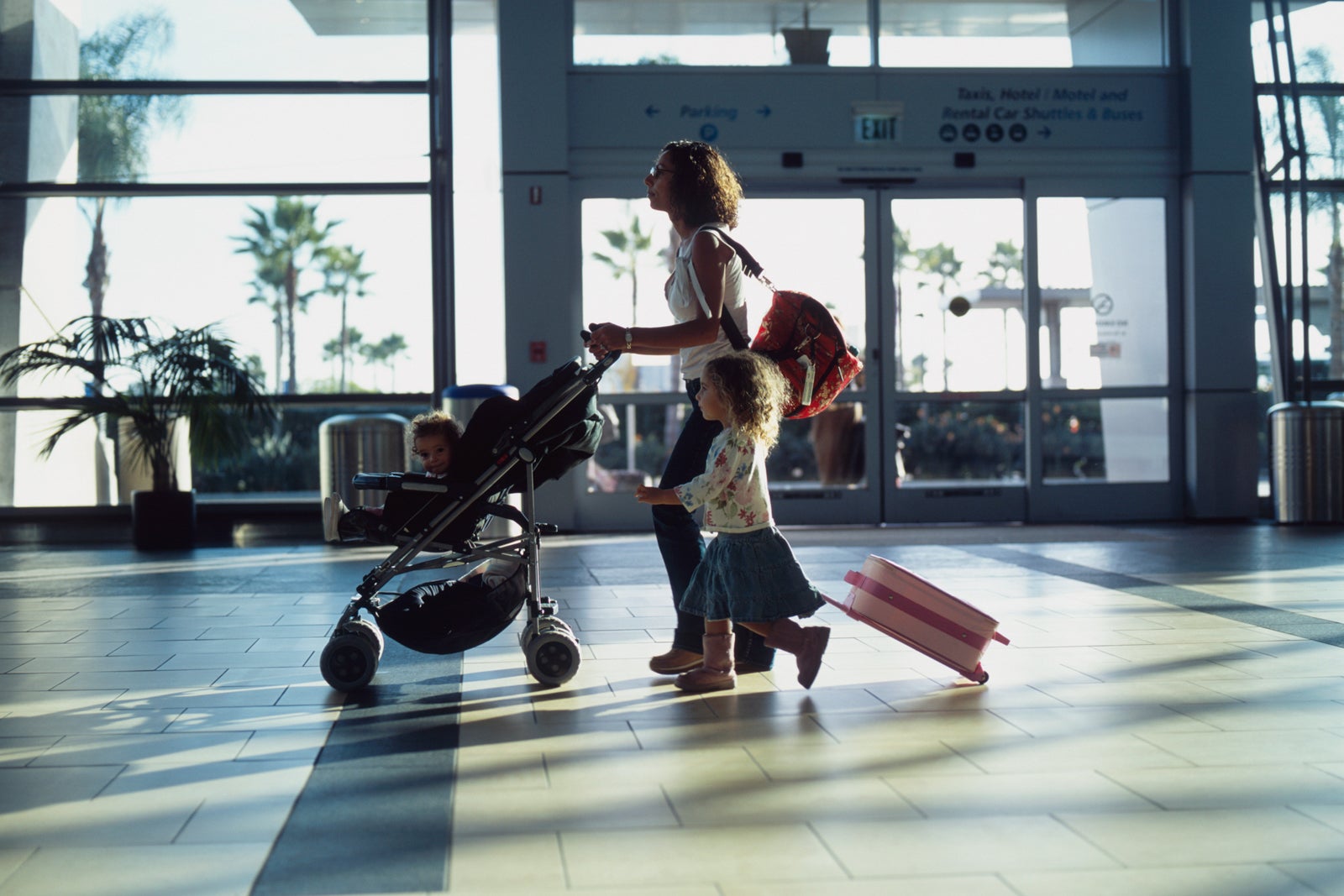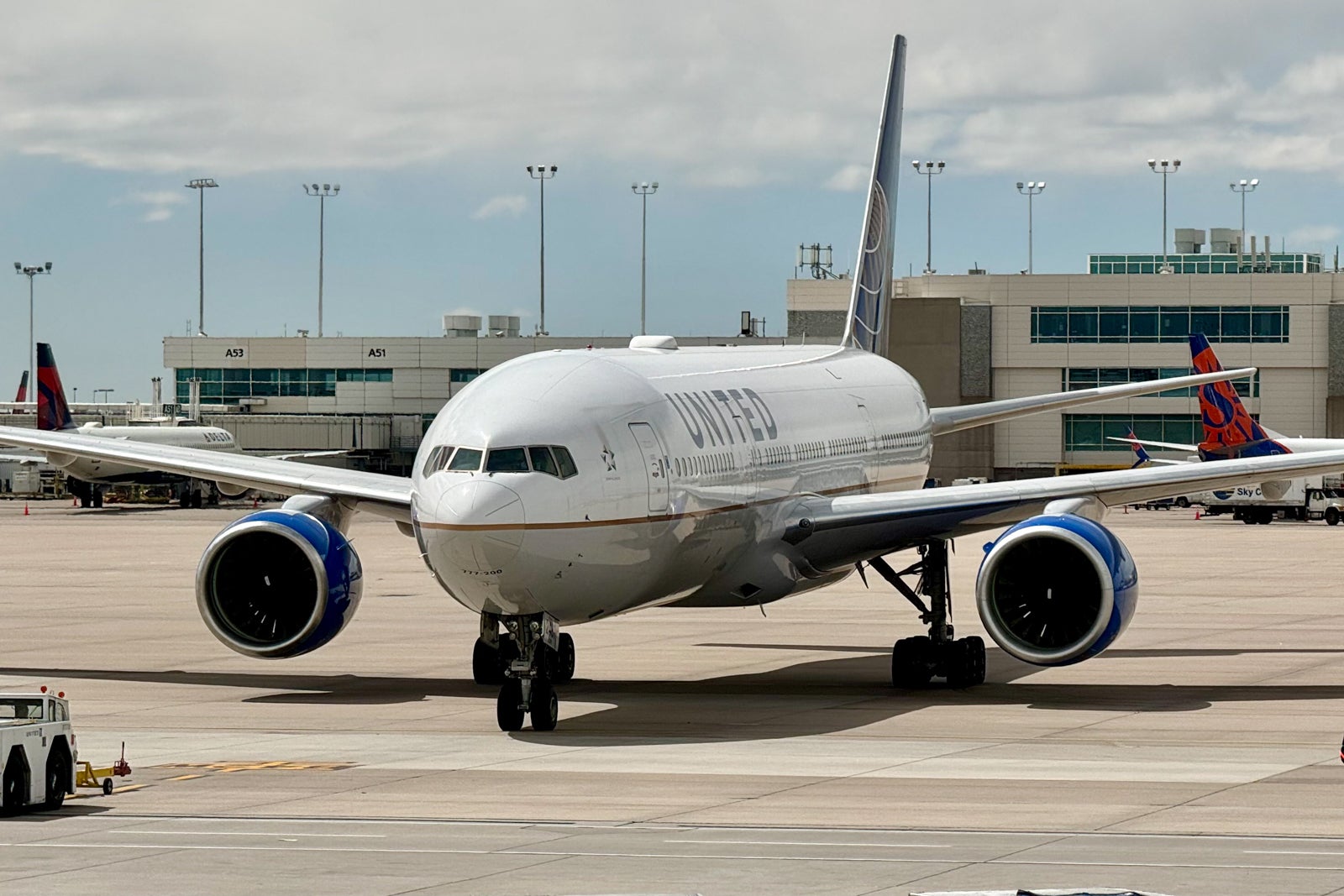Travel
DOT proposes new airline family seating rule – The Points Guy

The Biden administration is proposing a new rule that would prohibit airlines from charging families fees to sit together.
The proposed regulation, announced Thursday by the U.S. Department of Transportation, would require carriers to seat parents (or an accompanying adult) next to young children for free when adjacent seating is available at booking.
It would also require airlines to issue refunds or no-cost rebooking when they can’t seat families together.
Want more airline-specific news? Sign up for TPG’s free biweekly Aviation newsletter.
The announcement comes after a multi-year pressure campaign by the DOT, which has pushed airlines to eliminate fees for parents hoping to book seats next to children on commercial flights. It’s also part of the Biden administration’s larger crusade against so-called “junk fees” charged to consumers.
“Many airlines still don’t guarantee family seating, which means parents wonder if they’ll have to pay extra just to be seated with their young child. Flying with children is already complicated enough without having to worry about that,” Transportation Secretary Pete Buttigieg said in a statement Thursday announcing the proposed rule.
Read more: Guide to airline family seating
How the family seating rule would work
To be clear, this rule isn’t a done deal — it’s merely a proposal at this point.
If ultimately enacted, though, it could certainly mean big changes for families traveling.

Daily Newsletter
Reward your inbox with the TPG Daily newsletter
Join over 700,000 readers for breaking news, in-depth guides and exclusive deals from TPG’s experts
Specific provisions of the suggested rule include:
- Airlines would be banned from charging fees to assign seats for a child age 13 or younger next to a parent or accompanying adult.
- Airlines would be required to seat parents next to their young children for free within 48 hours of booking when adjacent seats are available.
- “Adjacent” would be defined as next to each other, within the same row — not separated by an aisle.
- Airlines would have to make adjacent seats available in every class of service (including basic economy).
- In situations where it’s impossible for an airline to provide adjacent seating for multiple young children, carriers would be required to seat them either directly across the aisle, or directly in front of or behind the accompanying adult.
- Carriers would have to offer a mandated refund, free rebooking or other accommodations when adjacent seating isn’t available. If adjacent seats for parents and young children aren’t available at booking, airlines would have to offer the customer the choice of receiving a full refund or waiting to see if adjacent seats later become available. If they don’t, the airline would have to offer the customer the chance to rebook for free.
- Airlines would have to clearly disclose that passengers have a right to fee-free family seating in their booking channels.
- Airlines could face penalties for violations — with each young child not seated next to a parent (or accompanying adult) counting as a violation.
In a statement to TPG Thursday, Airlines for America, a trade group for several of the largest U.S. carriers, said its member airlines “make every effort to accommodate customers traveling together — especially those traveling with children.”
“Each carrier has established individual policies,” the organization said. “And all make every effort to ensure families sit together.”
A larger push for family seating
This proposed rule by the DOT comes after years of sustained pressure by the agency to prompt airlines to loosen policies governing seat assignments for families.
President Joe Biden railed against seat assignment fees in his 2023 State of the Union address.
“We’ll prohibit airlines from charging $50 round-trip for a family just to be able to sit together,” Biden said in his Feb. 7, 2023 address. “Baggage fees are bad enough. Airlines can’t treat your child like a piece of baggage.”
In early 2023, the DOT added a family seating section to its Airline Customer Service Dashboard, which evaluates which U.S. carriers guarantee free adjacent seats for children 13 or younger and an accompanying adult.
Only four U.S. airlines — Alaska Airlines, American Airlines, Frontier Airlines and JetBlue — technically meet the DOT’s requirements.
Read more: All the airlines’ flight delay and compensation policies from DOT’s customer service dashboard
However, multiple airlines that don’t meet the DOT’s standards insist they do accommodate families.
Delta Air Lines, for one, says it “strives to seat family members together upon request” and notes that parents who can’t obtain seats together using its app or website should contact reservations “to review available seating options.”
United Airlines last year unveiled a dynamic seat map function that, it says, automatically searches for adjacent seats for families, including those traveling on a restrictive basic economy ticket. The Chicago-based carrier also says it offers free rebooking when it can’t accommodate families.
Other rules in the works
The Biden administration’s new proposed rule for family seating on commercial flights comes just days after a federal appeals court dealt a blow to a final rule issued in April; the rule would require airlines to more clearly disclose add-on charges upfront.
In 2023, the DOT also proposed a rule that would require airlines to issue additional compensation to passengers beyond current requirements in the event of a cancellation or significant delay within the airline’s control. That measure, which has not yet been finalized, would seemingly bring DOT policy more in line with consumer protections found in the European Union under the law known as EU 261.
Related reading:













